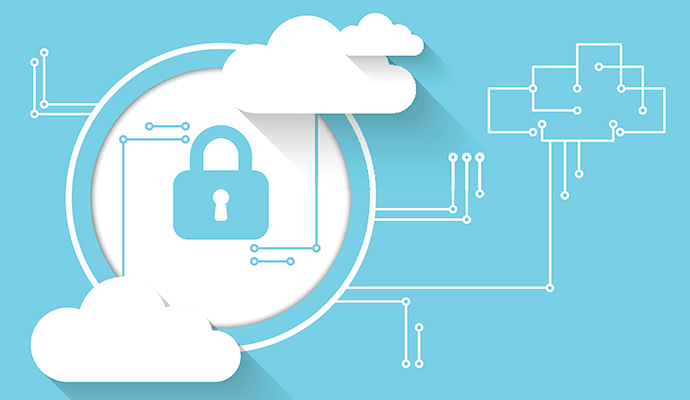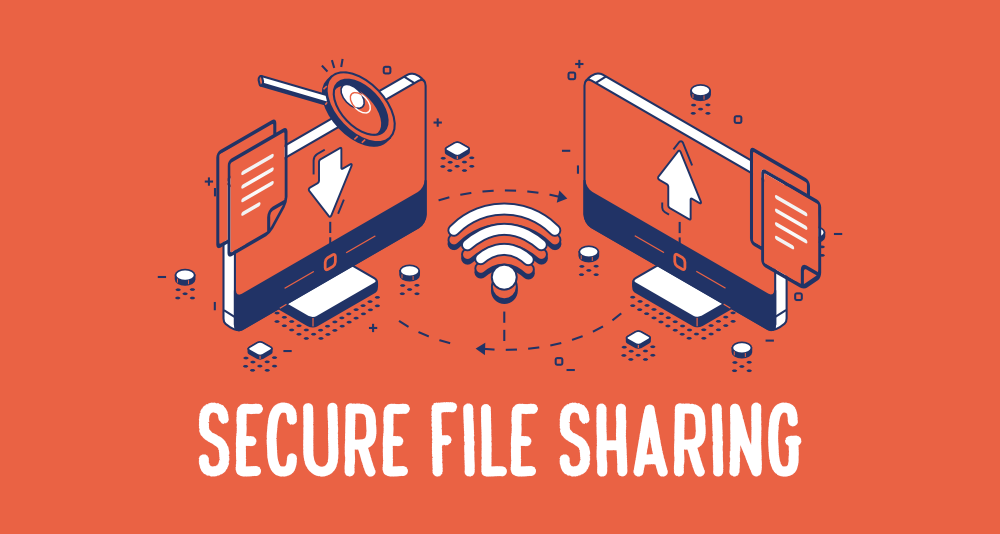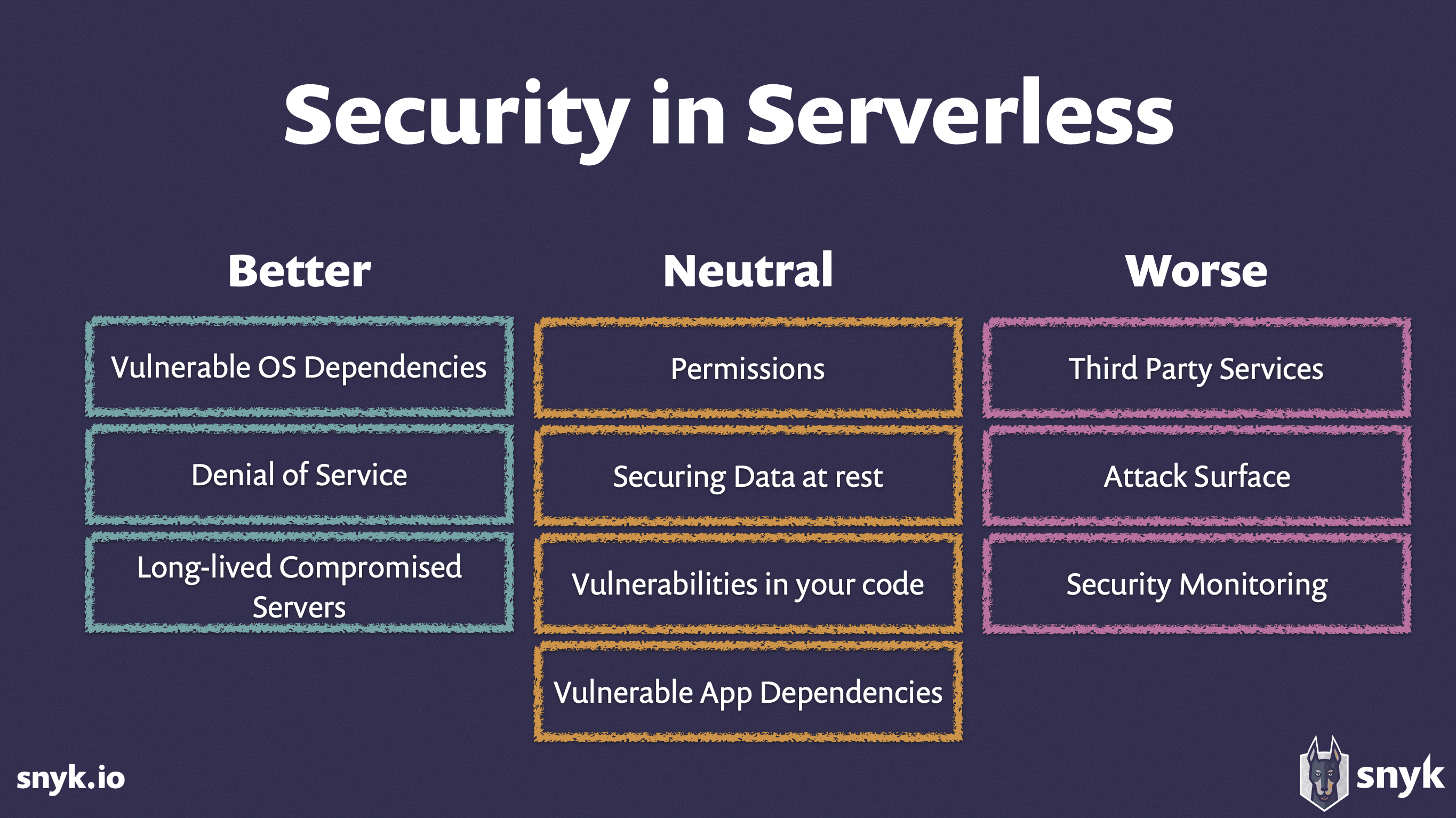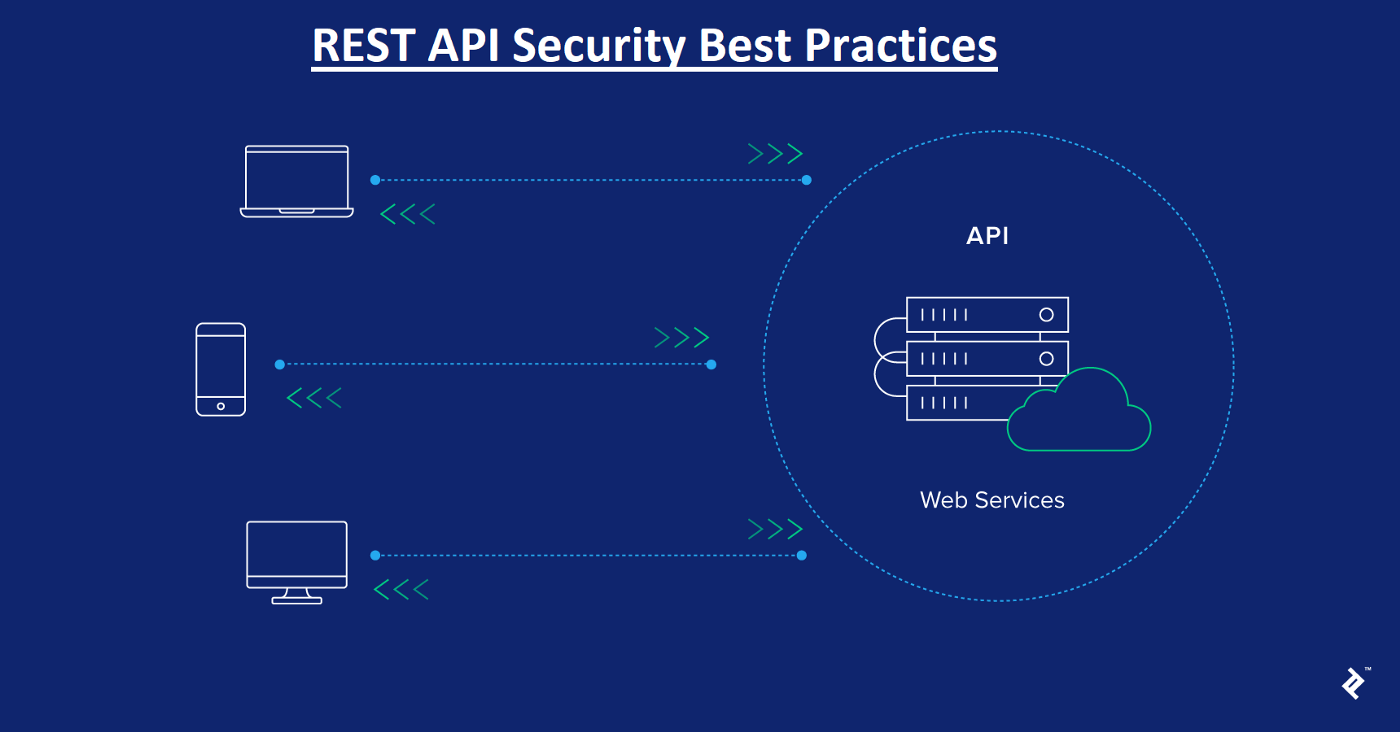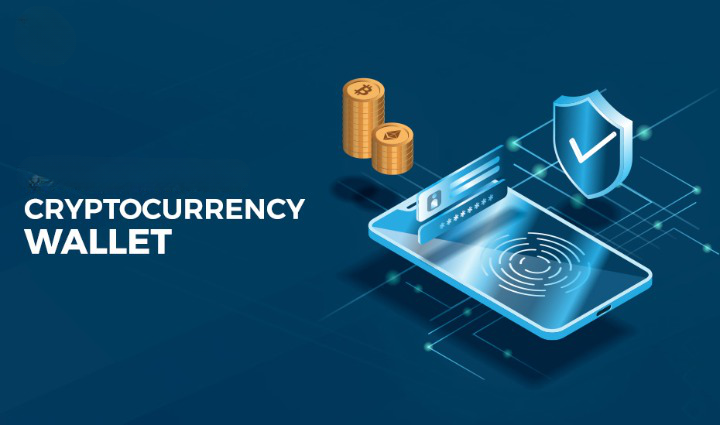
Cryptocurrencies have become increasingly popular in recent years, and with that popularity has come an increase in security concerns. As more and more people invest in cryptocurrencies, hackers are also becoming more sophisticated in their attempts to steal these digital assets.
That's why it's important to take steps to protect your cryptocurrency investments. Here are some best practices for safeguarding your digital assets:
1. Choose a secure wallet.
The first step to securing your cryptocurrency is to choose a secure wallet. There are many different types of wallets available, so it's important to do your research and choose one that is reputable and has a good security track record.
2. Use strong passwords and 2FA.
Once you've chosen a wallet, you'll need to create strong passwords and enable two-factor authentication (2FA). 2FA adds an extra layer of security by requiring you to enter a code from your phone in addition to your password when logging in.
3. Keep your private keys safe.
Your private keys are the most important piece of information when it comes to securing your cryptocurrency. These keys allow you to access your wallet and send and receive transactions. Never share your private keys with anyone, and store them in a safe place.
4. Back up your wallet regularly.
In the event that your wallet is lost or stolen, you'll need to be able to restore it from a backup. Make sure to back up your wallet regularly and store the backup in a safe place.
5. Be careful what links you click on.
Phishing scams are a common way for hackers to steal cryptocurrency. These scams typically involve sending emails or text messages that appear to be from a legitimate source, such as a cryptocurrency exchange or wallet provider. The emails or text messages will often contain a link that, when clicked, will take you to a fake website that looks like the real website. Once you enter your login information on the fake website, the hackers will be able to steal your cryptocurrency.
6. Stay up-to-date on the latest security threats.
The cryptocurrency space is constantly evolving, and new security threats are emerging all the time. It's important to stay up-to-date on the latest security threats so that you can take steps to protect your cryptocurrency.
By following these best practices, you can help to safeguard your cryptocurrency investments and protect them from hackers.
Additional Tips:
Use a hardware wallet Hardware wallets are physical devices that store your private keys offline. This makes them much more secure than software wallets, which are connected to the internet.
Avoid using public Wi-Fi: Public Wi-Fi networks are often not secure, and hackers can easily intercept your data if you're not careful.
Be careful about what information you share online: Don't share your cryptocurrency holdings with anyone, and be careful about what information you share on social media.
Keep your software up to date: Software updates often include security patches that can help to protect your cryptocurrency from hackers.
By following these tips, you can help to keep your cryptocurrency safe and secure.
